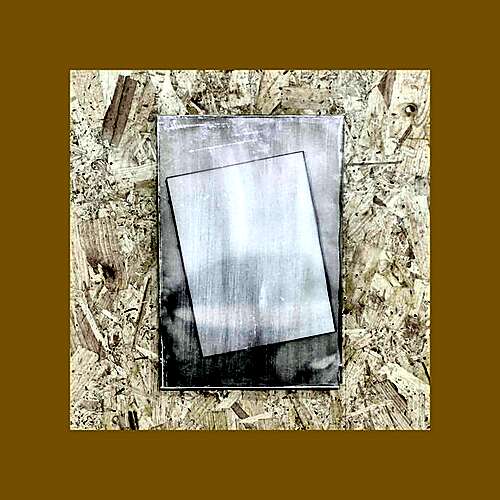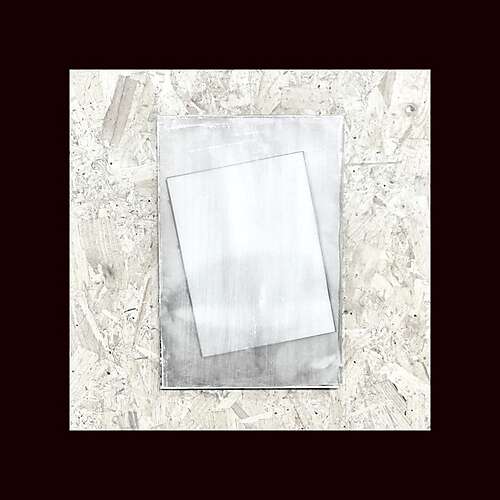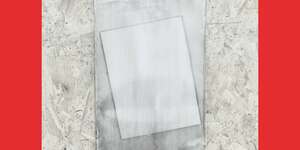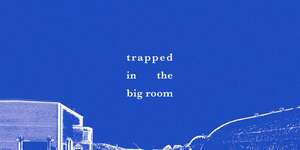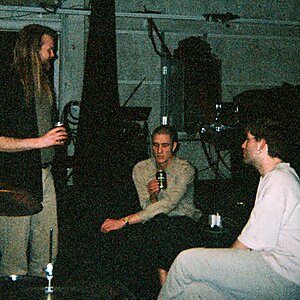Bo Gritz
Bo Gritz
country: UK
genre: Rock
styles: Alternative, Post-Punk, Noise Rock, Industrial, Electronic, No Wave, Sample

RUT
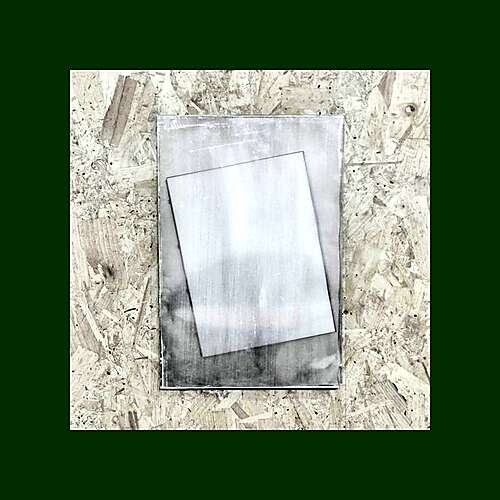 Single
Single
Reviews and Comments
|
Bo Gritz are the same vicious, snarling, punk animal they were of yester-year, but have re-emerged with some serious upgrades.” - Hard of Hearing “Fully embracing the chaos with cut-up lyrics and glitching rock” - Rodeo “ a grinding, all-out assault that sends blood coursing round the veins.” - Clash “No Shit” Loud and Quiet |
|
Sharing the third and final teaser from their upcoming debut album Chroma - due 9th June via Glasshouse Records (Mandrake Handshake; For Breakfast) - London industrial post-punk trio Bo Gritz share the corusgating ‘RUT’. Standing as the album opener, ‘RUT’ is also their most decisively thrilling release to date - beating down the listener with a blustering attack of buckshot basslines, motorik drums and askew pixelations. Channelling the band’s deep-rooted love for experimental carnage and aural disruption - the track recalls the likes of contemporaries LICE and Gilla Band, or Snapped Ankles at their most metallic extremes. Forming in 2015 after meeting on joinmyband, the band supported the likes of Black Midi, HMLTD, 404 Guild and Bo Ningen, before taking an impromptu hiatus; drummer Max Goulding got increasingly pulled away from the band by his day job as a live sound engineer (for Shame, Black Midi, among others), and a pandemic struck. Returning in January after a 5 year silence with a refreshed digital makeover - the band has already received support from Spotify Melomania, Loud & Quiet, So Young, Hard of Hearing, Rodeo, Hash Brand New, Mix It All Up, Wax Music and Licks Magazine, in addition to previous praise from Clash and Louder Than War.
More about Bo Gritz: Forming in 2015 after Finn Holland (guitar/vocals) and Benjamin Salt (bass) linked up on joinmyband.com, and taking their name from the pages of Jon Ronson’s Gonzo journalism, their early years were a bustle of activity. There were braces of EPs and singles, prolific gigging stints across London and UK with the likes of Black Midi, HMLTD, 404 Guild and Bo Ningen. But as drummer Max Goulding got increasingly pulled away by his day job as a live sound engineer (for Shame, Black Midi, among others) - and as the pandemic started to rear its disruptive head, things began to teeter to a halt. And yet. “Covid was actually a really good thing for us, relatively speaking” explains Salt. “Quite quickly into the pandemic, when we were already just super bored of being in the flat - no shows, no pubs, no nothing - we were like “maybe we should just try and get together and see what happens. Just play again, and write.” The opportunity to devote themselves to doing just that came via a Gumtree post from the Railway Tavern in Tulse Hill. The South London pub/music venue was advertising their renovated beer cellar to rent cheaply as a rehearsal space. So, Bo Gritz moved in. It was here where they formulated the bulk of what would become Chroma, despite the noise complaints from the long-suffering bar staff upstairs. As Holland elegantly puts it, ”The Railway was the boot that kicked the album up the arse.” Feeling “straightjacketed” by the guitar, drum and bass motions of their previous incarnation - the time and space the Railway afforded them helped the trio unbind their creative shackles. That, and the introduction of a new weapon - the Electron Digitakt drum machine and sampler - led them towards a different way of songwriting. Holland started off experimenting with Lana Del Ray vocal samples. Goulding would emerge into the Railway with more “weird glitchy shit” from his Digitakt around which the band could forge new material. This culture of innovation bred at the Railway Tavern bled into the recording process too. Splitting their time between Hermitage Works Studios in Manor House with engineer Nathan Ridley (Phobophobes, Blue Bendy, Big Joanie) and Goulding’s own converted basement studio in Lewisham, variably canny tricks and solutions hammered the tracks into unforeseen colours and shapes. There’s “Chopped”, where Goulding surgically spliced up and re-plotted one of Salt’s pre-recorded basslines. The instrumental “Reflective Skin”, which pushes the Digitakt’s capabilities to its limits, features almost no guitar tracks as a Bo Gritz first. “If people heard that they wouldn’t think it was us”, Salt confesses of the latter. Bristling with the eeriness of those basement spaces in which it was conceived, Chroma brings a frenzied half hour of pulsating industrial rock. Set for release this via cult London indie Glasshouse records (Mandrake Handshake; For Breakfast), the album files alongside the likes of LICE and Gilla Band; as if Snapped Ankles’ pounding grooves had been masticated by a digital meat grinder, spat out with such jet force as to shed megabytes and pixels as it hurtles through the sonosphere Typified by such captivating aggression, Chroma is a product of a kind of auto-destructive artistic method, combative by its very definition. Bo Gritz build their songs through degenerating actions: cutting, distorting and glitching samples or basslines; the very lyrics Holland devises by splicing up phrases from found texts - gossip magazines, articles on a murder or washing machine manuals. And if there was a visual symbol that epitomises the Bo Gritz essence, it would be Holland’s frenetic stage presence. With splayed legs wide and popping eyes, he swings his guitar around his body as if wielding a double-axe. An instrument visually battered to within an inch of dysfunction, Holland customised it with a sheet metal scratch plate, replacing a pick-up with a contact microphone. Using a coin as a plectrum, his pedals too are barely held together with duct tape and glue. “I believe there should be a struggle with one’s instrument or medium”, he reasons. “I don’t really like it when people look as if they’re having too much fun. Life is a struggle. It's not a cruise, is it?” But in their day to day lives, the opposite, thankfully, is true. “I feel like we’re quite relaxed, nice people. I don’t know where the music comes from.” Salt works in a library, Holland as a visual artist (all Bo Gritz’ artwork is his), and Goulding enjoys a spot of boxing from time to time when not on the road. Despite all the change in their lives, their music and the world, since they first started playing together, the protracted break they took from playing becomes in one sense a factual irrelevance. It’s simply a case of picking up where they left off. “Finn and I formed the band in 2015.”, Salt continues. “We must have played over 100 shows. It doesn’t feel that different (playing live again), it's like putting on an old pair of jeans. It’s a comforting thing.” Bo Gritz are Finn Holland (guitar, vocals, samples), Max Goulding (percussion, samples) & Benjamin Salt (bass, vocals). |
latest releases



